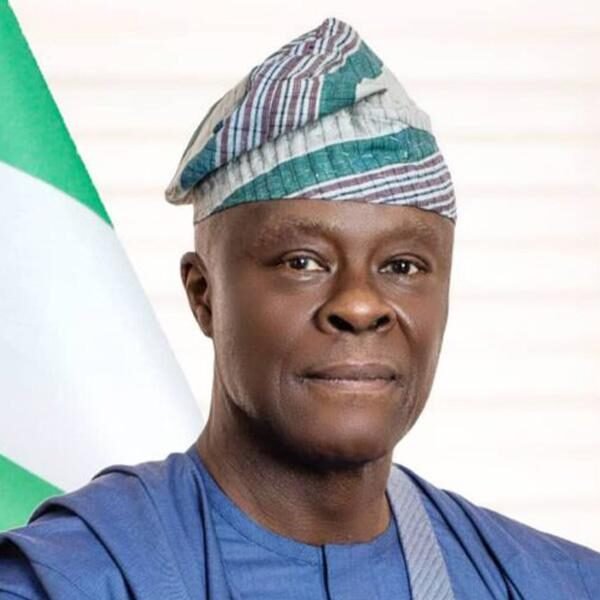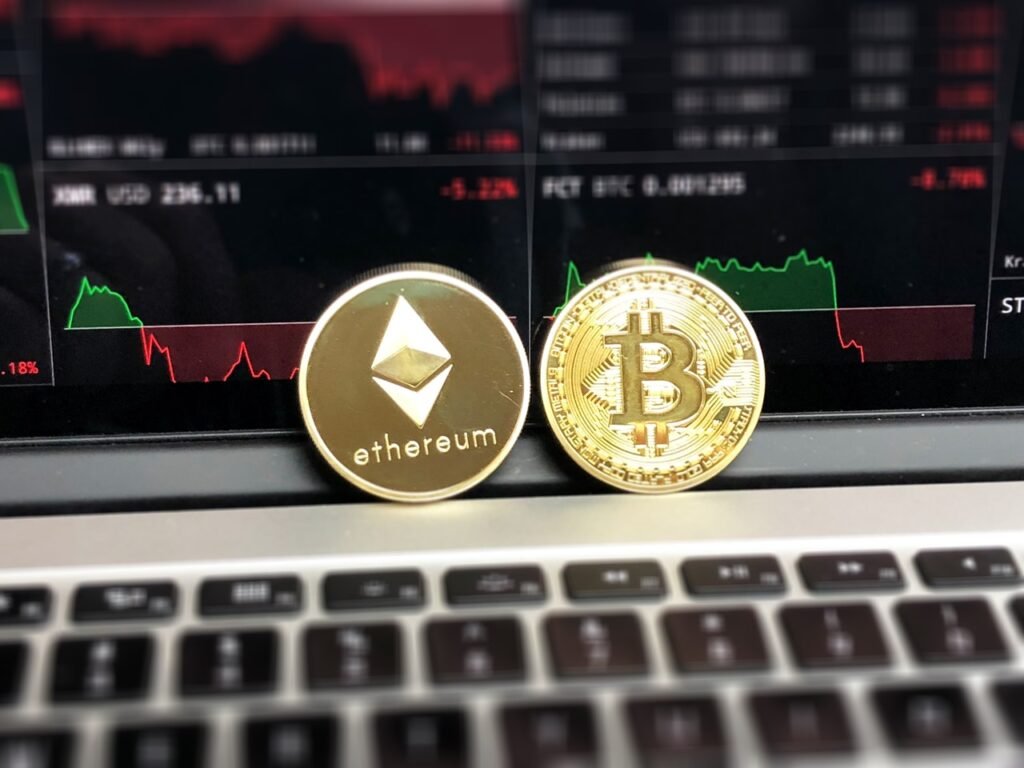Nvidia’s chief executive, Jensen Huang, has stated that China is poised to emerge victorious in the intensifying artificial intelligence race with the United States, citing the Asian nation’s vast talent pool and robust domestic market.
Speaking at a technology conference in Shanghai, Huang emphasized China’s advantages in the AI sector.
“With over a billion people and an enormous internal demand for innovation, China has the resources and drive to dominate AI development,” he told attendees.
The Nvidia founder highlighted the country’s growing ecosystem of engineers, researchers, and startups as key factors in this projected leadership.
Huang’s comments come amid ongoing U.S. export restrictions on advanced semiconductors, which have limited American companies’ sales to Chinese firms.
Despite these barriers, he noted that Chinese companies are accelerating their own chip design and manufacturing capabilities to reduce reliance on foreign technology.
The executive pointed to recent advancements in China’s AI infrastructure, including massive data centers and government-backed initiatives to foster homegrown algorithms and hardware.
“The scale of investment and the speed of progress here are unmatched,” Huang added.
Nvidia, a leading supplier of graphics processing units essential for AI training, has seen its business in China impacted by trade tensions.
However, Huang expressed optimism about the global benefits of competitive AI growth, stating that breakthroughs in one region would ultimately advance the field worldwide.
Industry analysts agree that China’s push into AI could reshape the technology landscape.
The nation has already produced several unicorns in machine learning and autonomous systems, supported by policies aimed at achieving self-sufficiency in core technologies by 2030.
Huang’s remarks underscore a shifting dynamic in the tech rivalry between the two superpowers, where talent and market size may prove decisive over regulatory hurdles.
As AI applications expand into healthcare, transportation, and finance, the outcome of this contest is expected to influence economic and strategic power for decades.























